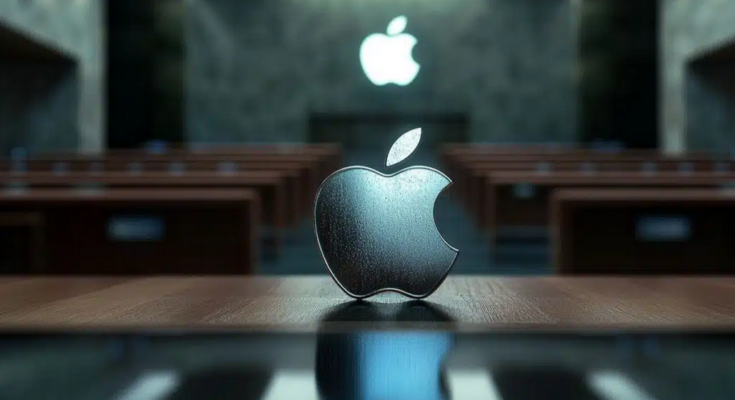Key Takeaways
- Because Apple removed its posture correction software from the software store, Beijing app developer Bodyreader is suing the company for $420,000.
- According to the lawsuit, Apple’s regulation of app reviews is monopolistic and uneven.
- This is the first instance in which a Chinese developer has filed a domestic court challenge against Apple’s normal iOS procedures.
It feels like the Epic Games lawsuit all over again as a small Chinese developer is suing Apple for allegedly enforcing App Store standards in a monopolistic and uneven manner.
Apple’s year in the antitrust arena has been challenging. Additionally, it is ending it with yet another legal battle over the App Store’s policies, this time from an unexpected opponent: Bodyreader, a small app developer in Beijing.
The Chinese firm that developed a posture-correction app for children is suing Apple in Beijing’s intellectual property court, claiming that the iPhone manufacturer has monopolistic and unfair app approval procedures. Bodyreader is suing Apple for allegedly engaging in nefarious conduct that could interfere with iOS software and services, and they are requesting over $420,000 in damages after Apple removed their app from the App Store in 2020.
It’s interesting to note that the developers say they released the exact same program under the new name “Qilin Century,” and it passed review without any issues. They also contend that Apple’s enforcement is uneven.
According to Bloomberg, which broke the story initially, there are some parallels between the case and Epic Games’ well-known antitrust dispute with Apple, which began in 2021 over the removal of Fortnite. Bodyreader is targeting Apple’s restrictive app restrictions and its contentious 30% cut from in-app purchases made through the App Store’s payment system, just like Epic did.
The developers’ complaint asks the court to mandate that Apple offer alternative payment options within apps and open iOS to third-party app stores. In essence, they want Apple to relax strict regulations on the distribution of apps and payments on iPhones and iPads.
According to individuals who talked to Bloomberg, the case’s closed-door hearings might conclude as early as Friday. They started this week.
Although it might seem like a minor incident, this is the first time a Chinese developer has accused Apple of typical mobile platform practices in their own country.
Apple successfully defended itself against antitrust allegations made by a Chinese consumer organization earlier this year. The business, however, was not happy and filed an appeal in an attempt to remove references to its dominant position in the market.



